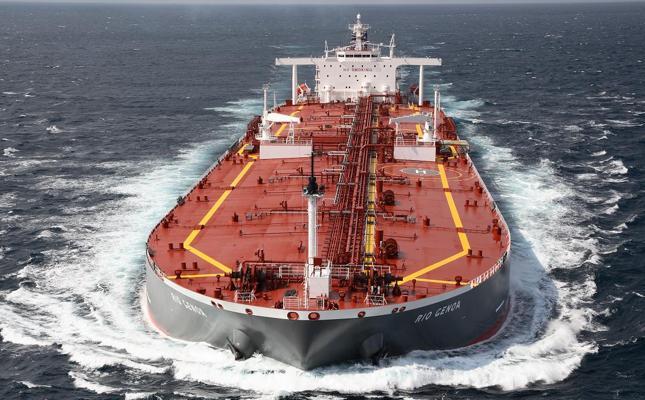06/16/2025
Source: ShipMag
The Strait of Hormuz, the world’s most critical oil chokepoint, faces unprecedented risks of closure should military conflict erupt between Israel and Iran. As tensions escalate in the Middle East, this narrow maritime passage—through which 21 million barrels of oil (20% of global supply) transit daily—has become a potential flashpoint with catastrophic economic consequences. An Israeli-Iranian war could trigger Iranian retaliation through blockades, missile strikes, or mining operations in the strait, threatening not only regional stability but also global energy security. Such a scenario would send oil prices skyrocketing, disrupt supply chains, and destabilize Gulf economies that depend on unimpeded maritime trade.

The Strait of Hormuz: Risks of Closure in an Israel-Iran War
The Strait of Hormuz, the only sea passage into the Persian Gulf, is one of the world’s most critical oil chokepoints. About 35% of global seaborne oil and 30% of LNG trade pass through it, making any disruption a major threat to energy markets.
Historically, Iran has threatened shipping here—mining waters, seizing tankers, and attacking vessels—but has never fully blocked the strait, even during the Iran-Iraq War. A full closure would be far worse than the current Red Sea crisis, since there are no alternative routes for most Gulf oil. Only two pipelines (Saudi Arabia’s and the UAE’s) bypass Hormuz, but they can’t replace sea shipments.
If Hormuz were blocked, oil prices could surge past $150/barrel or even more, crushing demand and potentially causing a global recession. Tanker markets would collapse because, unlike the Red Sea (where ships reroute around Africa), a Hormuz shutdown would halt shipments entirely.
However, most analysts think Iran is unlikely to fully close the strait—it depends on Hormuz for 90% of its own oil exports. A blockade would also risk direct U.S. military intervention, as the Fifth Fleet in Bahrain patrols the area. Still, even partial disruptions (like mine attacks or ship seizures) could trigger panic, spike oil prices, and force Western powers to respond.
In short: Hormuz remains the Achilles’ heel of global oil trade, and while a full closure is improbable, escalating tensions between Israel and Iran keep the risk alive.
Read More here:
Can Iran Block the Strait of Hormuz? Implications for International Transport, Economy, and Trade

